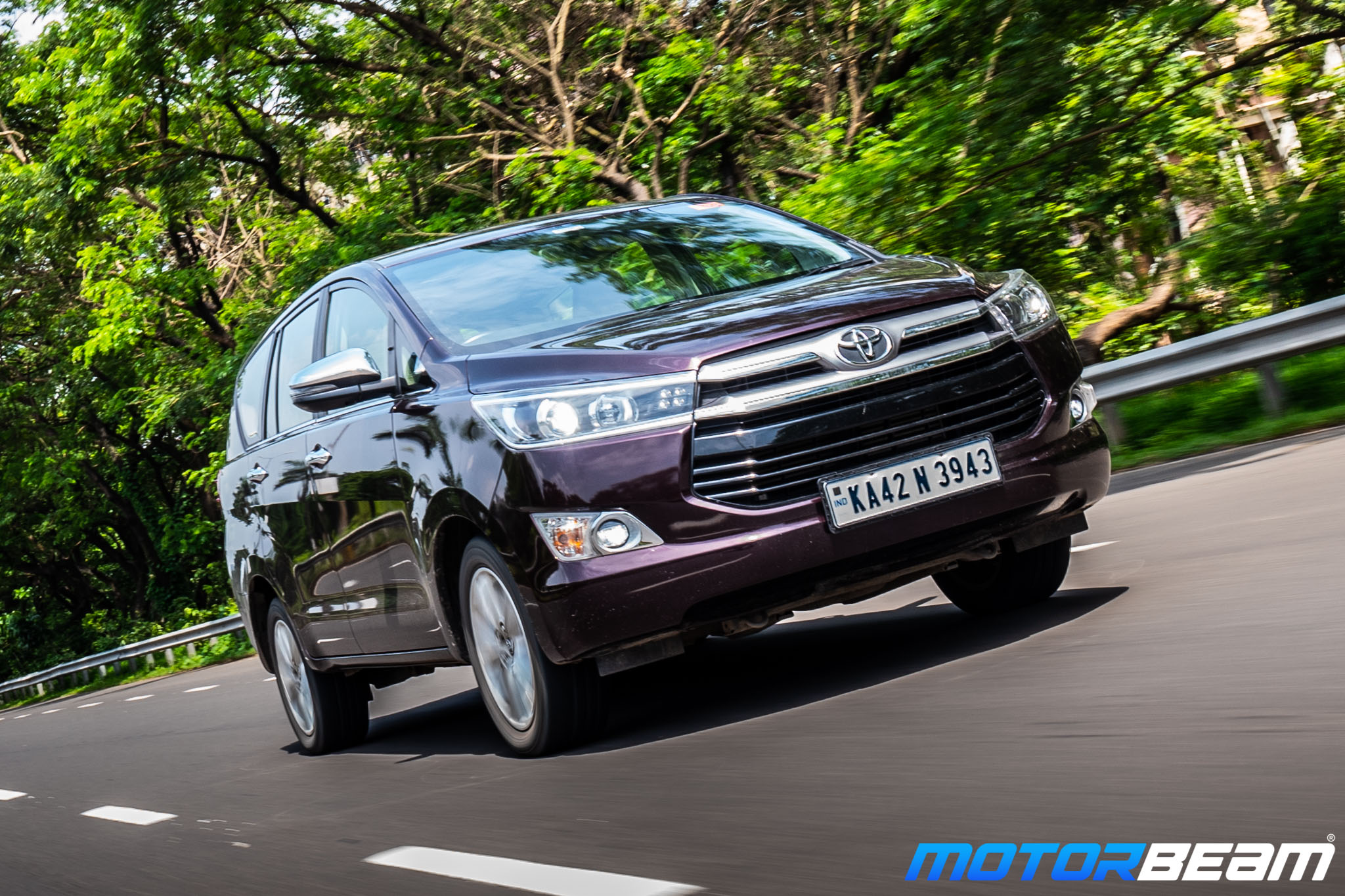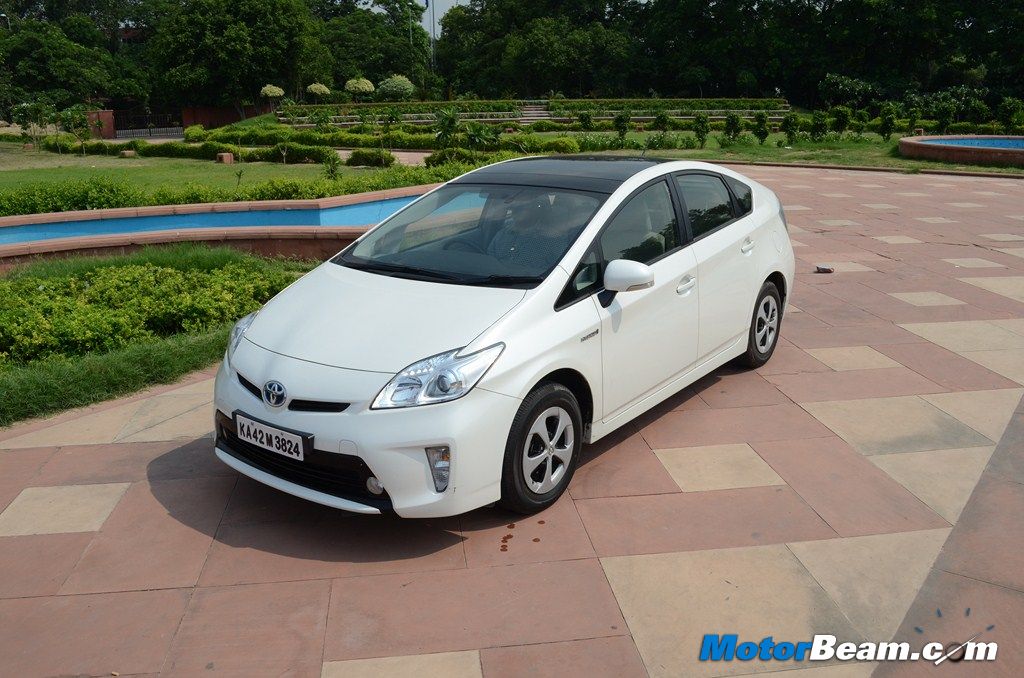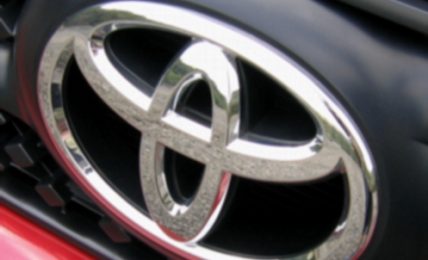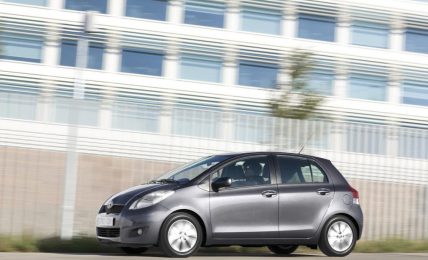
Toyota said its EV plans are on track, but it will focus on exploring greener fuels for its existing IC techologies
It’s a hard truth that Japanese manufacturers and mutual partners, Toyota and Suzuki, are last in the EV race with not so promising plans in sight. And, now, Toyota has confirmed that it will not let go of its IC tech for EVs.
Recently, the Japanese manufacturer has been on great scrutiny by its investors over a perceived sluggish embrace of all-electric technologies.
At its recently held annual general meeting, although the world-renowned manufacturer claimed that carbon neutrality is its goal, it said it wants to offer a variety of choices to suit different environments and customers in markets across the globe.
Over 2 decades back, it was Toyota which revolutionised hybrid technology with its Prius hybrid car. But, the same enthusiasm couldn’t be seen when it comes to complete electrification. In fact, in India, there’s not even a word about EVs from the company.
Toyota said, in order for EVs to get popularised, customers first need to choose what they want. For example, the company argued that hybrids make more sense in markets where infrastructure isn’t ready to support a faster move to EVs.
However, the biggest update from the manufacturer, this time, was its plans to explore greener fuels for its existing IC technologies. Across the globe, Toyota has a great name when it comes to life of its engines.

The Japanese manufacturer’s mills are known for bullet-proof built quality and they last a life-time without any major trouble. The Toyota Innova, for example, can easily crack 5 lakh km without any problem. There are users who have clocked even above that figure.
Toyota simply doesn’t want to abandon the technologies which it has improved and refined over the decades. Hydrogen is among the greener fuels the company is trying to explore in the next few years for its IC engines.
Hydrogen on a Toyota does look promising as the gas’ volatility can be easily negated with the company’s strong quality and reliability standards in its IC engines. If Toyota is able to pull that off at least in the next 10 years, there’s no stopping it.




